A transformative journey at an idyllic yoga haven, where ancient wisdom meets modern serenity. Immerse yourself in profound practices to find harmony through traditional Tibetan Sound Healing, and lead your way to a holistic awakening.
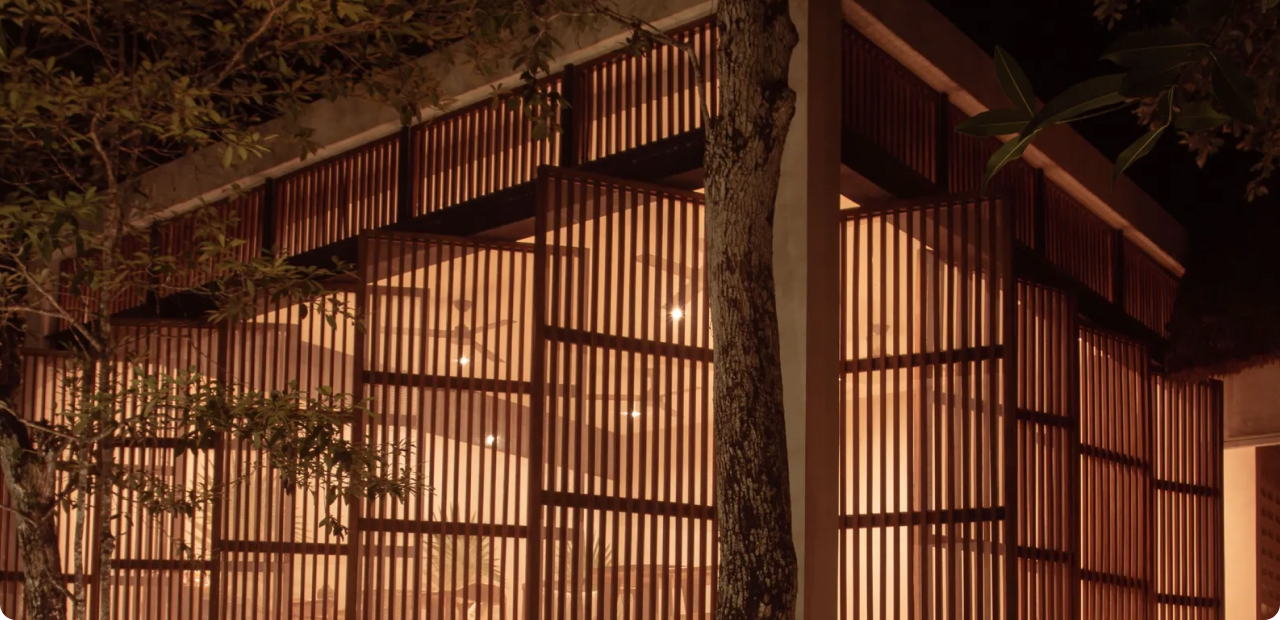
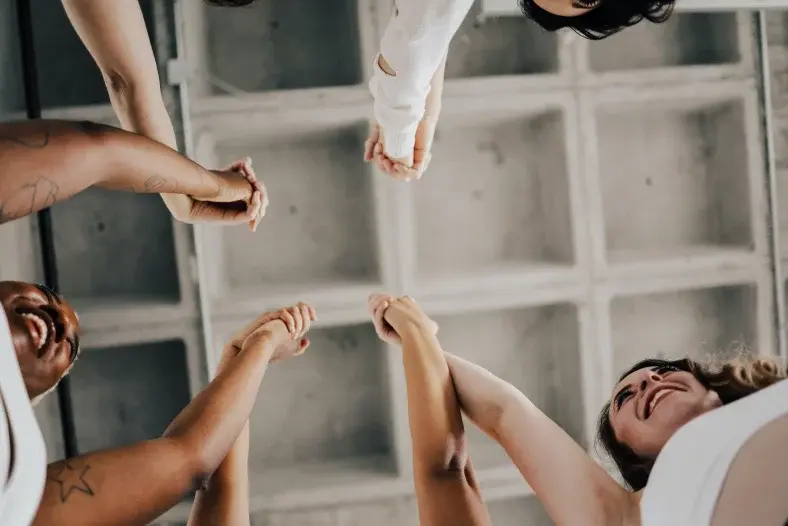
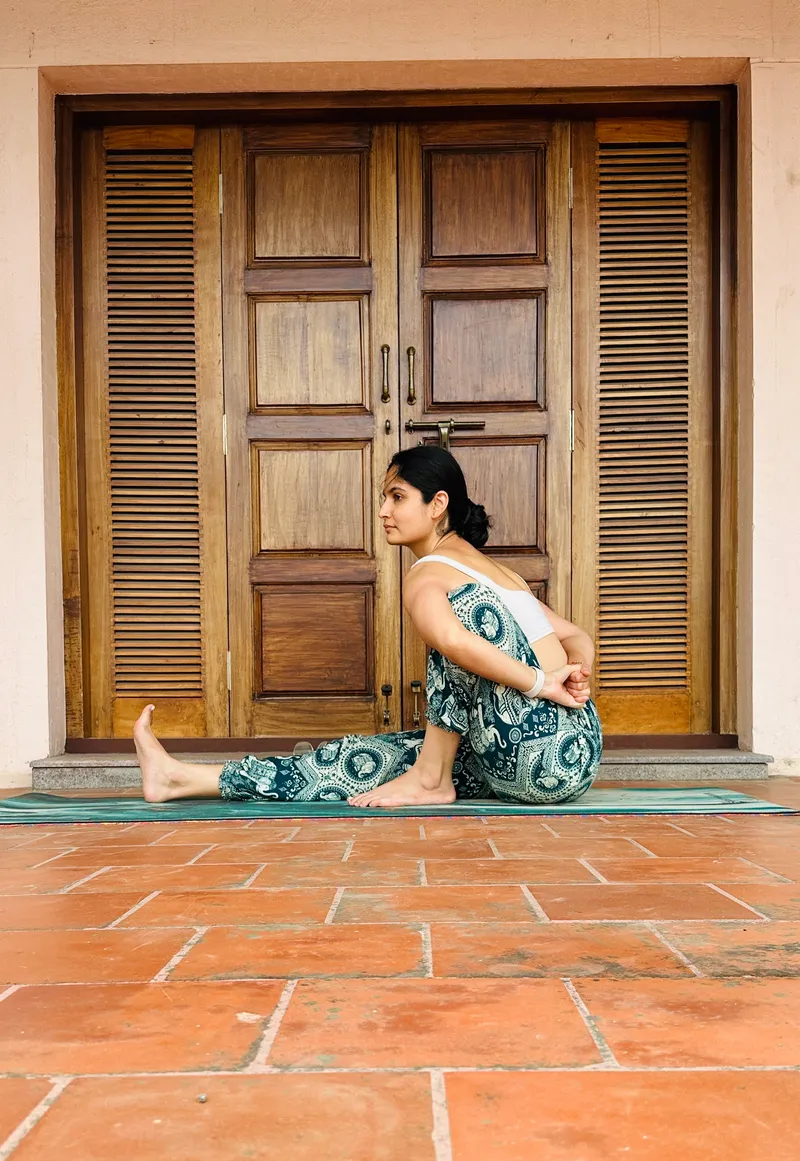
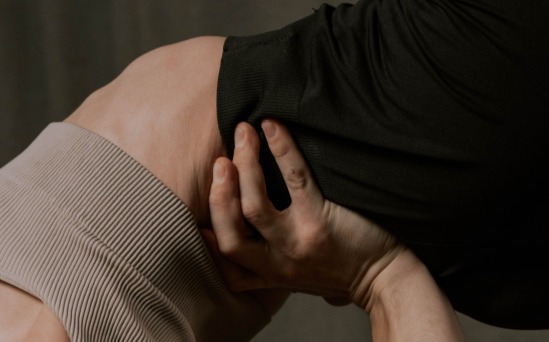
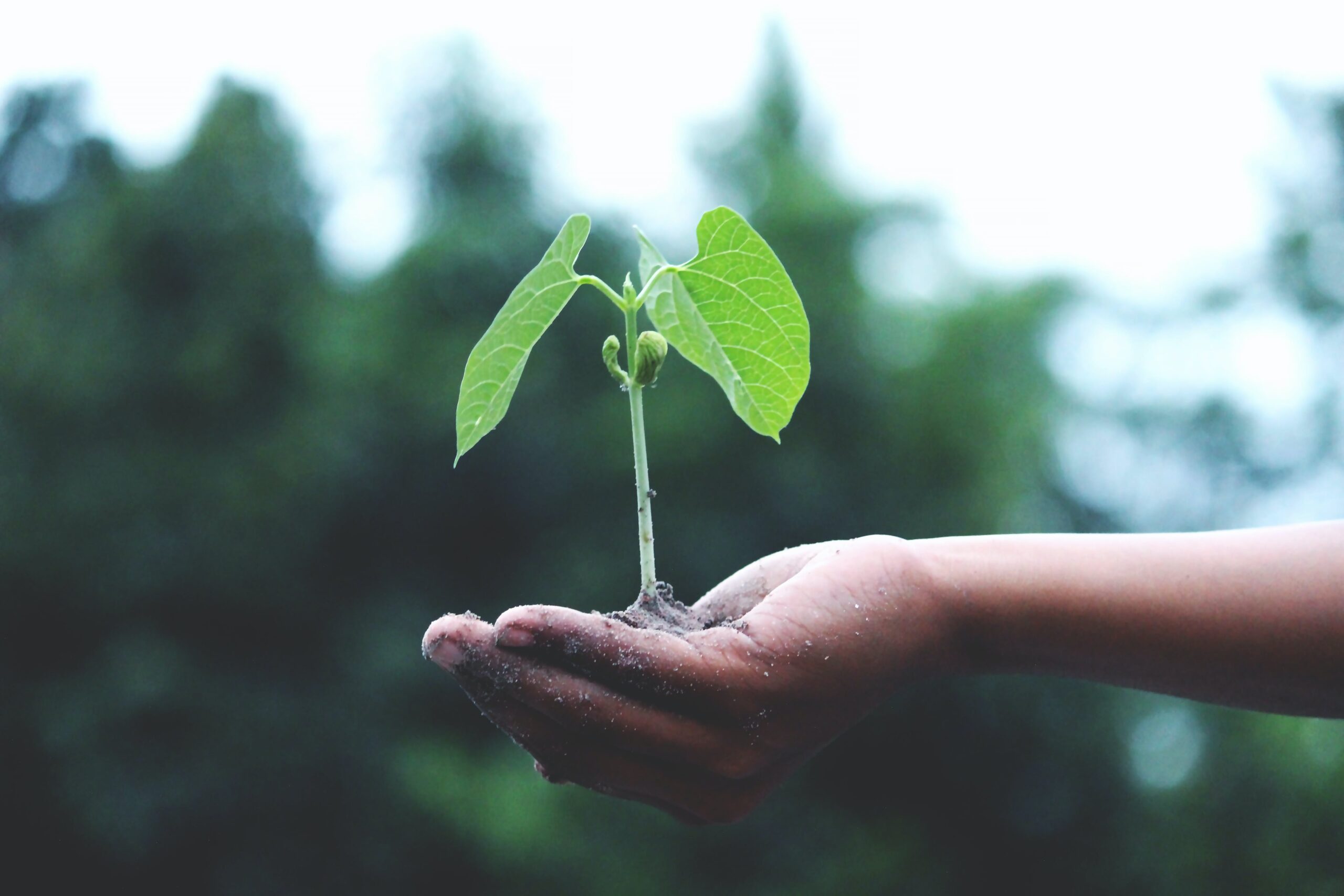
A transformative journey at an idyllic yoga haven, where ancient wisdom meets modern serenity. Immerse yourself in profound practices to find harmony through traditional Tibetan Sound Healing, and lead your way to a holistic awakening.





February 25, 2024
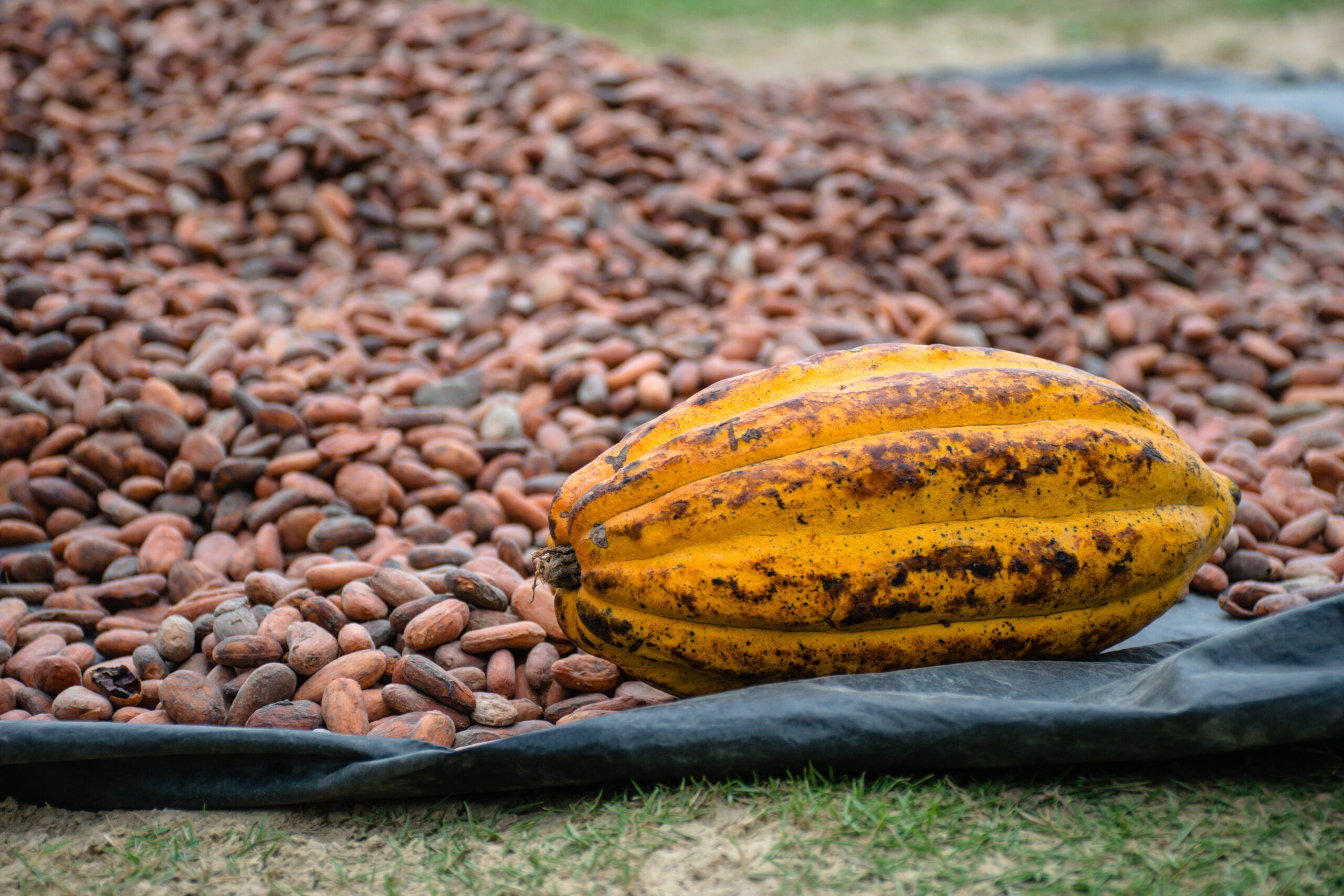
In a world characterized by fast-paced living and digital distractions, people are increasingly seeking moments of connection, mindfulness, and inner exploration. One ancient practice that has gained renewed interest in recent years is the Cacao Ceremony. Rooted in indigenous cultures of Central and South America, cacao ceremonies offer participants a unique opportunity to connect with themselves, each other, and the natural world while sipping on the sacred elixir derived from the cacao bean. In this blog post, we will dive deep into the tradition of cacao ceremonies, exploring their history, significance, and the transformative experiences they offer.
Cacao has been revered for centuries by indigenous peoples, including the Maya and Aztec civilizations, who considered it a gift from the gods. The cacao bean, from which chocolate is derived, was not only consumed as a beverage but also held spiritual and ceremonial significance. It was believed that cacao had the power to unlock heightened states of consciousness, facilitate communication with the divine, and promote physical and emotional healing.
Central to cacao ceremonies is the use of raw cacao, which is different from the highly processed chocolate products found on supermarket shelves. Raw cacao is rich in antioxidants, minerals, and compounds that can stimulate the release of neurotransmitters associated with feelings of well-being and happiness.
At its core, a cacao ceremony is a mindful and intentional gathering where participants come together to honor the spirit of cacao, connect with themselves, and foster a sense of community. The ceremony is often guided by a facilitator or shaman who creates a sacred space and sets the intention for the gathering. The cacao elixir, prepared from raw cacao, is then shared among participants, who consume it with reverence and gratitude.
The effects of cacao ceremonies can vary from person to person, but many participants report a profound sense of relaxation, heightened sensory perception, and a deeper connection to their inner selves. The active compounds in cacao, such as theobromine and phenylethylamine, can induce feelings of euphoria and open-heartedness. These effects, combined with the ceremonial setting, can create an environment conducive to introspection, emotional release, and personal growth. At Coquihalla, we create an introspective setting for our Opening Cacao Ceremonies to set the tone just right for the retreat, and tap into the inner child before we begin our healing journey.
Benefits that are commonly associated with cacao ceremonies include:
As the world continues to navigate the challenges of modern life, the ancient practice of cacao ceremonies offers a valuable opportunity for individuals to reconnect with themselves, their fellow humans, and the natural world. These ceremonies provide a space for reflection, healing, and transformation, allowing participants to tap into the wisdom of ancient traditions while embracing the present moment. Whether you are drawn to the therapeutic properties of cacao or simply seeking a unique way to cultivate mindfulness and connection, a cacao ceremony might be the perfect avenue to explore the depths of your inner world and foster a sense of unity with the broader human experience.
To learn more use healing essentials and tap into your inner self, or join the immersive sound healing course at the world’s first organized sound healing school where teachers have learned the art of sound healing from generational sound healers in the Himalayas.
To learn more on how to work on inner self with sound, and energy healing, visit Sound Healing, Vibrational and Sonotherapy Association (SHVSA).
At Coquihalla, your wellbeing comes first. We are committed to the health and safety of our community. Read our Covid-19 guidelines here.